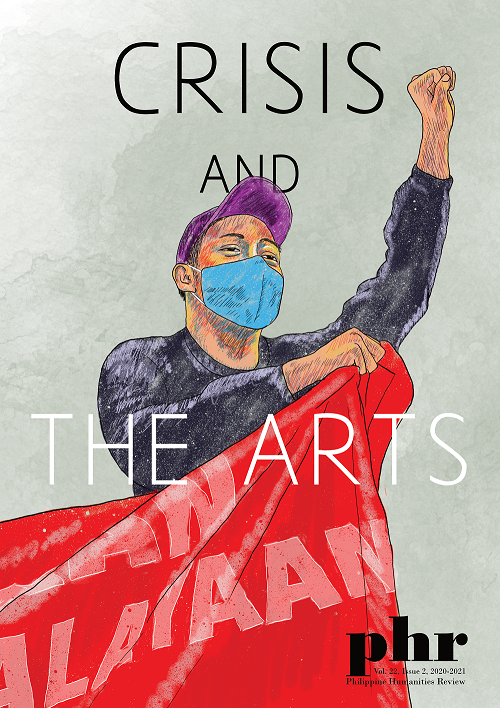#NoStudentLeftBehind: Reflections from the Migration to Digital
Abstract
Despite the worsening risks of the COVID-19 pandemic, unemployment, rising death tolls, digital divide, threats to freedom of the press, and threats to academic freedom, teachers are called to carry on with their classes because “education can and must.” For this reason, they are faced with a unique challenge to shelve go-to, in-person pedagogical strategies and sink their teeth into remote learning to minimize further disruptions in learning and maximize affordances of digital technology. This paper presents the findings of an action research project chronicling experiences and reflections of a remote learning ad hoc committee in designing an accessible and flexible general education course on Public Speaking. To serve as the backbone of the paper, the three principles of the Universal Design for Learning: representation, action and expression, and engagement were utilized. Major reflections in the migration to remote learning include: Fostering an educational ethic of care through student familiarity; providing access to all students by planning with a range in mind; and demanding for and maximizing support in taking the full turn to digital. May these reflections contribute to the ongoing discussion about the importance of an educational system that is more responsive to the times, more mindful of the diversity of students, and more equipped to make sure that in the migration to a better normal, there will be #NoStudentLeftBehind.


